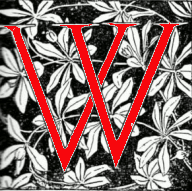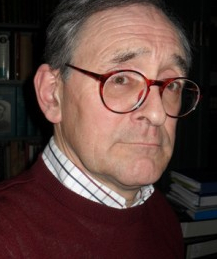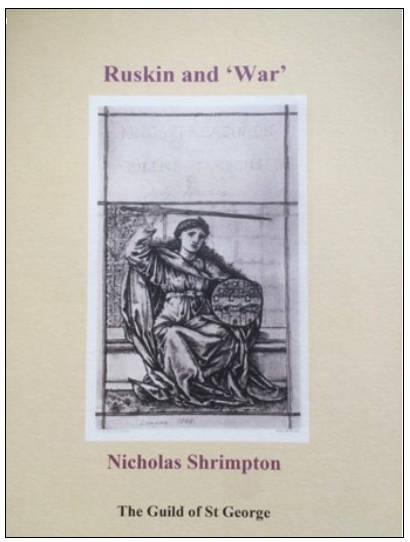
hat brought me to Ruskin was curiosity – or, to use a less polite word, ignorance. I read English at Oxford in the days when the course extended only to 1902 and the last of the papers covered (in eight weeks) both the Romantic and Victorian periods. I knew that wanted to do graduate work. But I wasn’t sure whether it should be on Jacobean drama, about which I knew something, or on Victorian literature, about which I knew almost nothing. Rashly, I opted to indulge my curiosity about the unknown. I still blush when I remember an interview for a graduate scholarship (which, of course, I didn’t get) at Pembroke College. In response to some sensible questions about Ruskin, I gave a series of fantastical answers, based, at that stage, more on imagination than research. Dr Johnson’s famous confession, after a definition in his Dictionary had been challenged (‘Ignorance, Madam, pure ignorance’), would have been a more appropriate tactic, especially since I was sitting in his college at the time.


My choice of Ruskin as a topic was not, however, entirely random and my ignorance, though profound, was not complete. I had read Praeterita and Kenneth Clarke’s Ruskin Today - a book which I came, first, to disapprove of for its fragmentary approach and, then, more recently, to admire for its implication that Ruskin’s local insights may be more important than his larger claims. I was interested in painting, as well as writing, and had taken lessons as an undergraduate (while reading another subject, as Ruskin intended) in the Ruskin School of Drawing. More subjectively, I had, like Ruskin, grown up in suburban South London. Herne Hill, Denmark Hill, Dulwich, and Croydon were familiar names and places to me, as was ‘Margaret’s Well’ at Carshalton, then shamefully desiccated and overgrown. Ruskin’s ‘background’ was, I felt, not something which I would struggle to understand. Above all, and more seriously, I wanted an author who could serve as a guide or clue to the intellectual history of the Victorian period which I had encountered so superficially as an undergraduate. Ruskin’s long career, versatility, and pre-eminence as a critic promised to provide that.
This last assumption was, of course, a mistake. Ruskin, I discovered, is (fascinatingly) marginal and eccentric, rather than mainstream and definitive. His work is a counterpoint, rather than a clue, to the most serious aspects of Victorian thought. What, for example, is the most significant achievement in early and mid-nineteenth century British philosophy? Whether or not one accepts its conclusions, the answer must be Utilitarianism. Ruskin rejected it, just as he rejected Neo-Classical economics, Darwinian science, the development of democratic politics, and the Aesthetic Movement. Or, to put that another way, he remained an unrepresentative Romantic in a Post-Romantic era.
Richard Steele remarked of his mistress that ‘to love her is a liberal education’. Reading Ruskin is a liberal education but only, I gradually realized, in the perverse sense that, in order to understand him, you have to learn so much about the contemporary ideas which he opposed. He obliged me to make, or attempt to make, that effort. I am grateful to him for it.
Last modified 22 March 2019